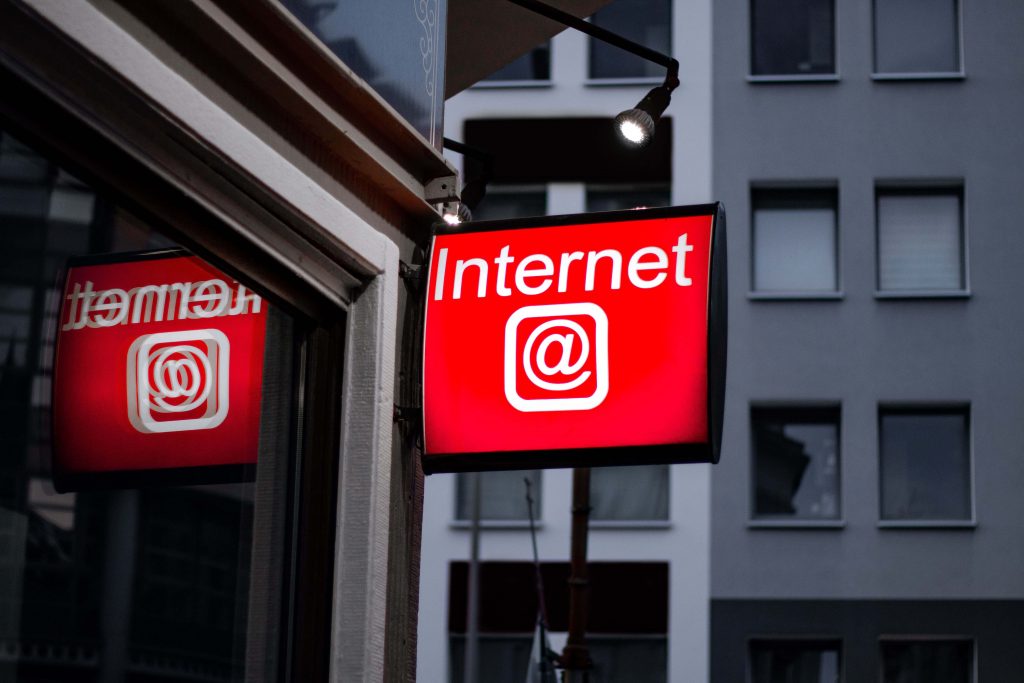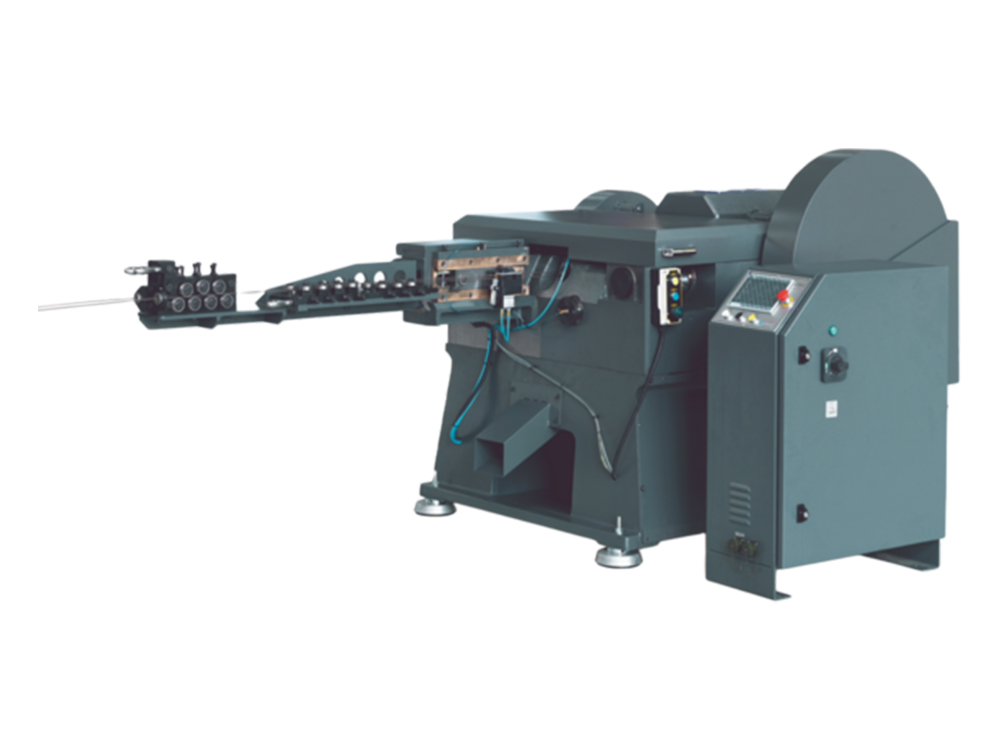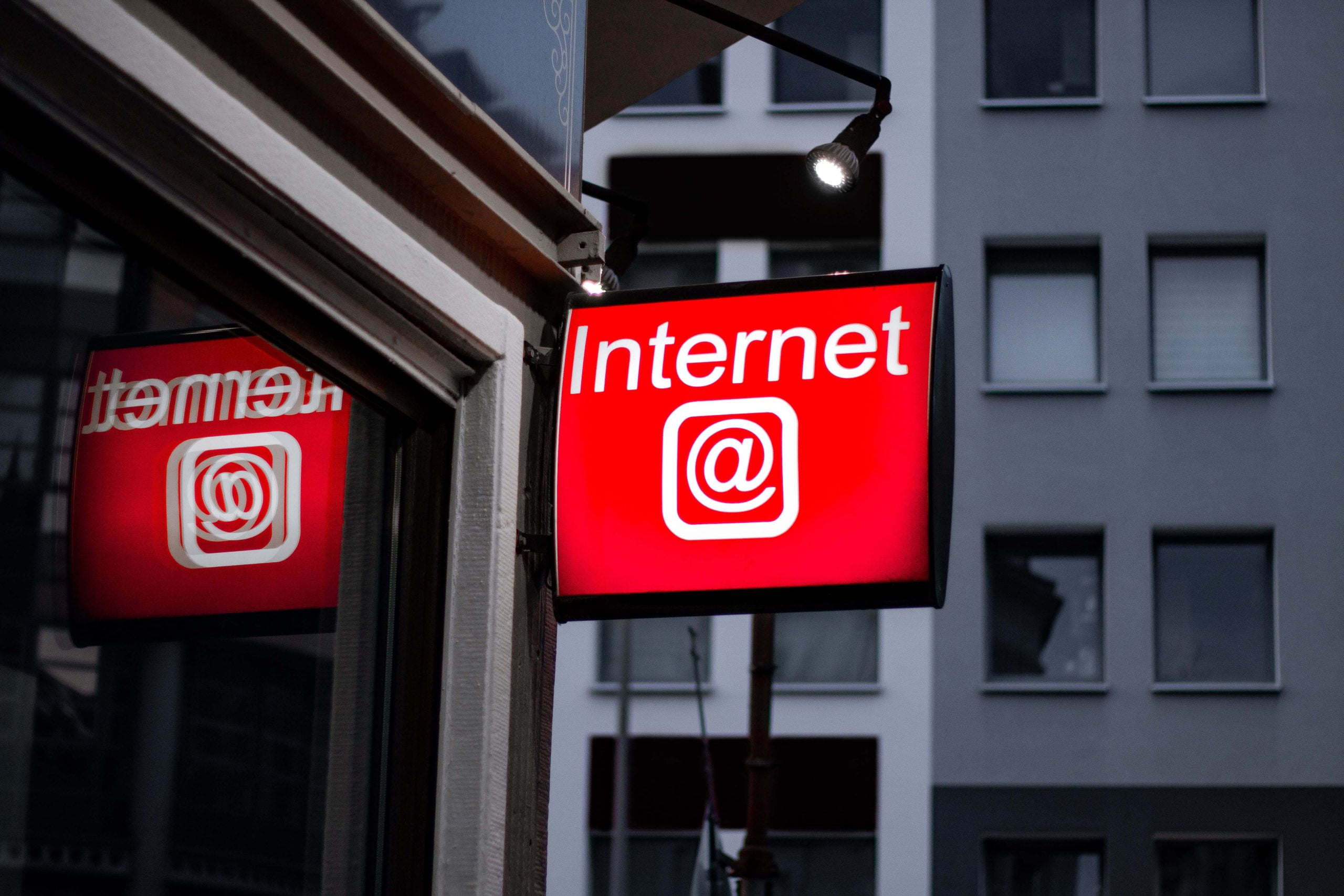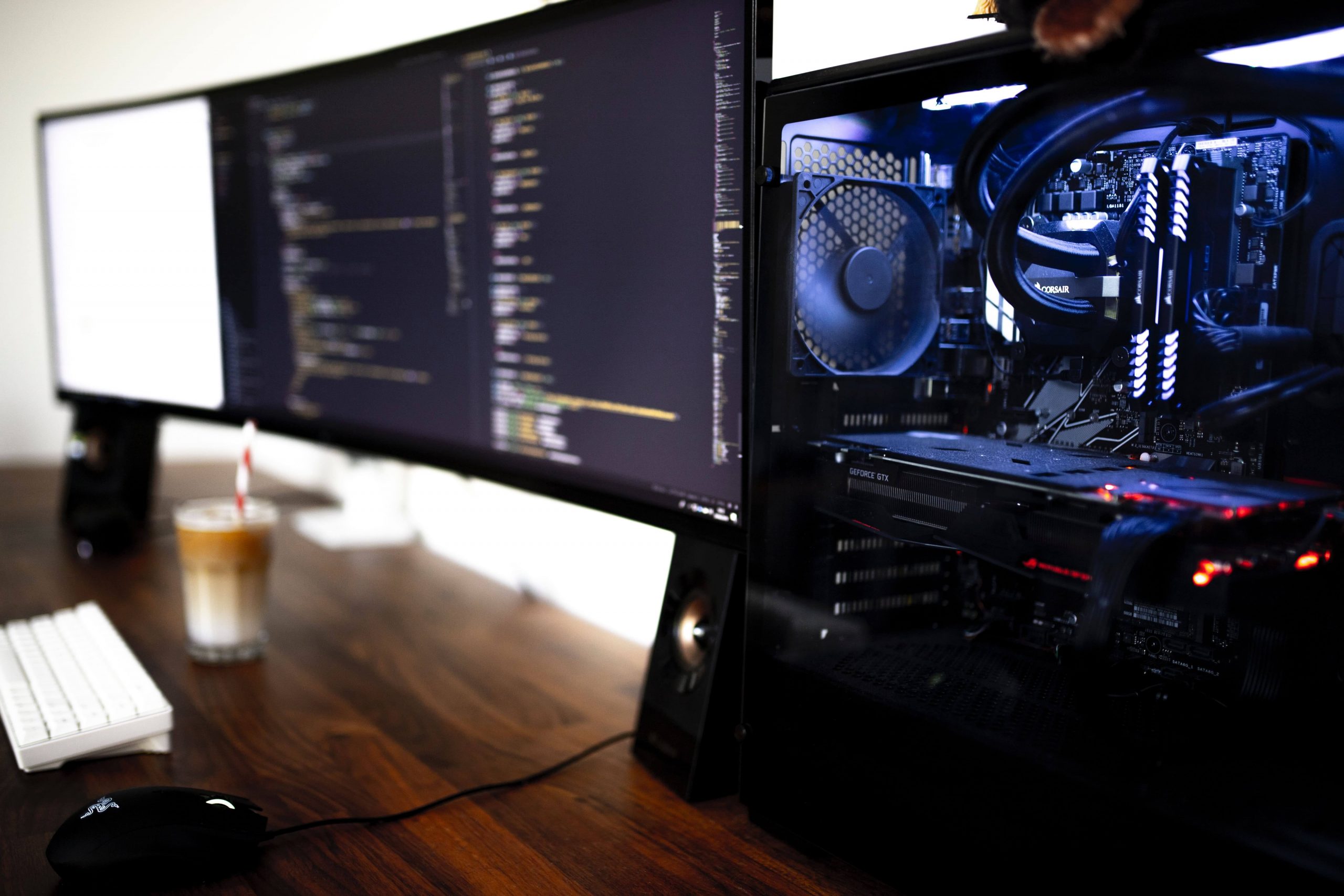There are countless sources of threats on the internet that can harm our computers. Therefore it is necessary to implement some basic security measures that will decrease the number of such threats to reach our PC.
Here are the tips for safe surfing on the internet:
1. Install a firewall on our PC and other devices that have access on the Internet
A firewall is one of the important security protections for computers that have access on the Internet. Installed, properly configured, and regularly updated firewall will significantly disable malware to access our computers.
2. Install antivirus software
Antivirus program, in addition to the firewall, is another important link in security protection for computers that have access on the Internet. Therefore, it is recommended installing and regularly updating anti-virus definitions.
3. Regularly update of the operating system of personal computers
Regular updating of the operating system and the application of all recommended security patches, significantly increase the security of computers and reduces the possibility of compromising PC from Internet attacks.
4. Careful when you buy online!
When we buy online, we must check protocol and certificates on the page that is used. A site must use https protocol, and certificate to access the site must belong to the owner of the website.
Some online stores accept credit cards also accept payment via online banking or mail.
We must consider using a separate card with a predetermined spending limit, and only for online purchases.
5. Do not send by e-mail information about your credit or debit card!
We must never send card information via e-mail. Our bank or credit card company which has released these credit cards will never ask such information to be sent by e-mail.
6. Never share your account with others!
If we don’t want to give our identity to someone, then we should not give our account!
One thing for remembering is that the responsibility for possible damages caused on the internet is always covered by the account owner. Data for internet access (username and password), is equal to the identity of a person.
7. Regularly change passwords
It’s recommended to change our password for access at least once a month, and with the following features:
-Password must have a minimum length of 10 characters
-Be a set of random characters,
-Include uppercase and lowercase letters and special characters such as ¨ ¸ {} [] “# $% & / () =? * ‘+.
8. Publication of personal data on the Internet – think twice!
When we are publishing information on the Internet, it is important to bear in mind the fact that all published information becoming public.
9. Protect your home wireless!
If our access to the internet at home is via a wireless network, we have to adjust the security settings of the device through which we gain access to the Internet, so that only authorized computers can access the Internet through our wireless network.

















